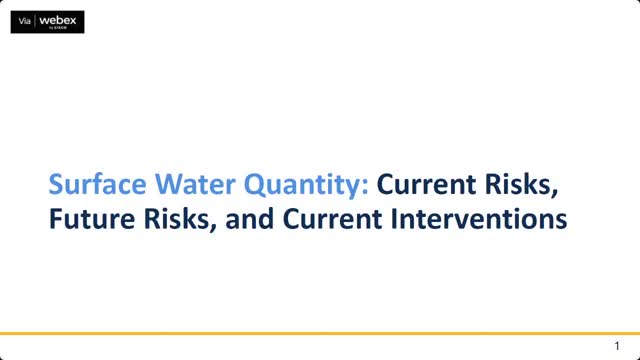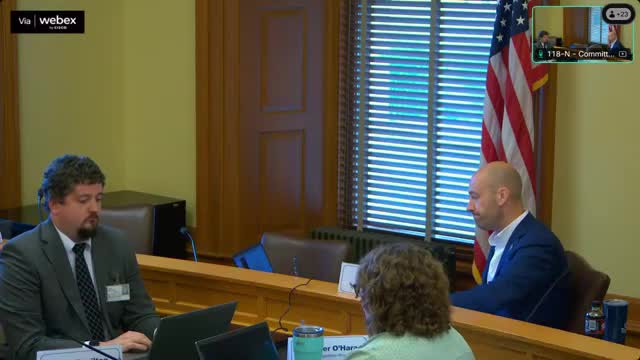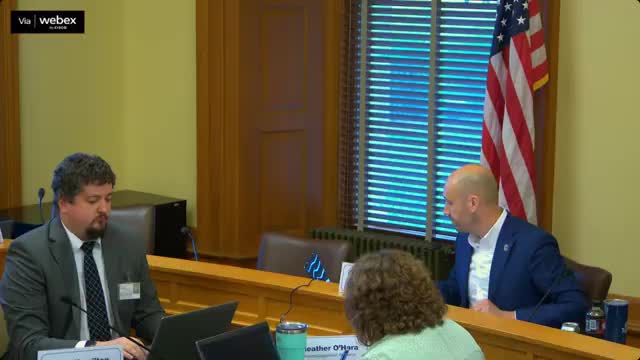Article not found
This article is no longer available. But don't worry—we've gathered other articles that discuss the same topic.

State warns reservoir storage has fallen at several sites; officials outline sediment-management options and funding choices

High Plains aquifer depletion, local districts and new mapping technologies top task force's groundwater briefing

